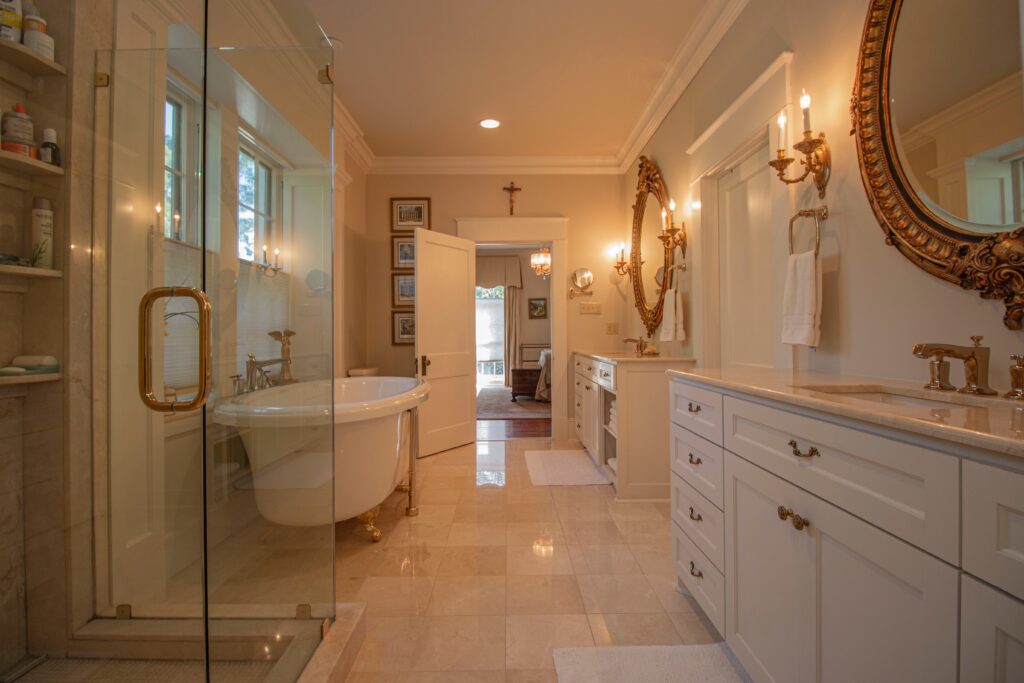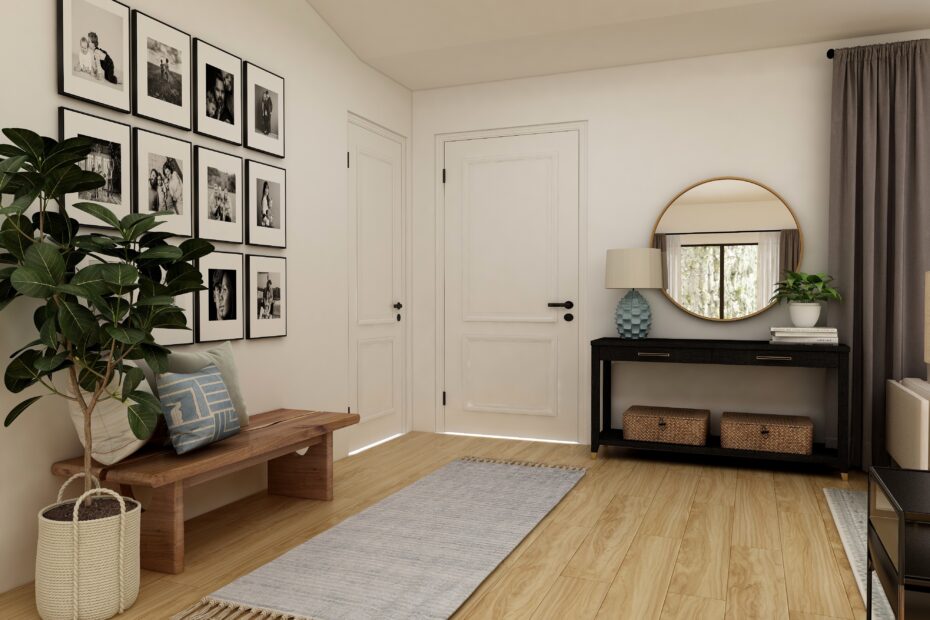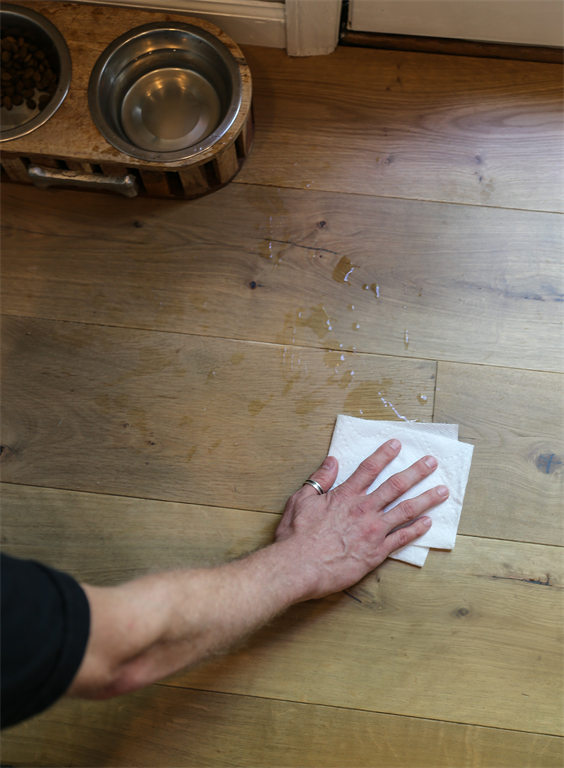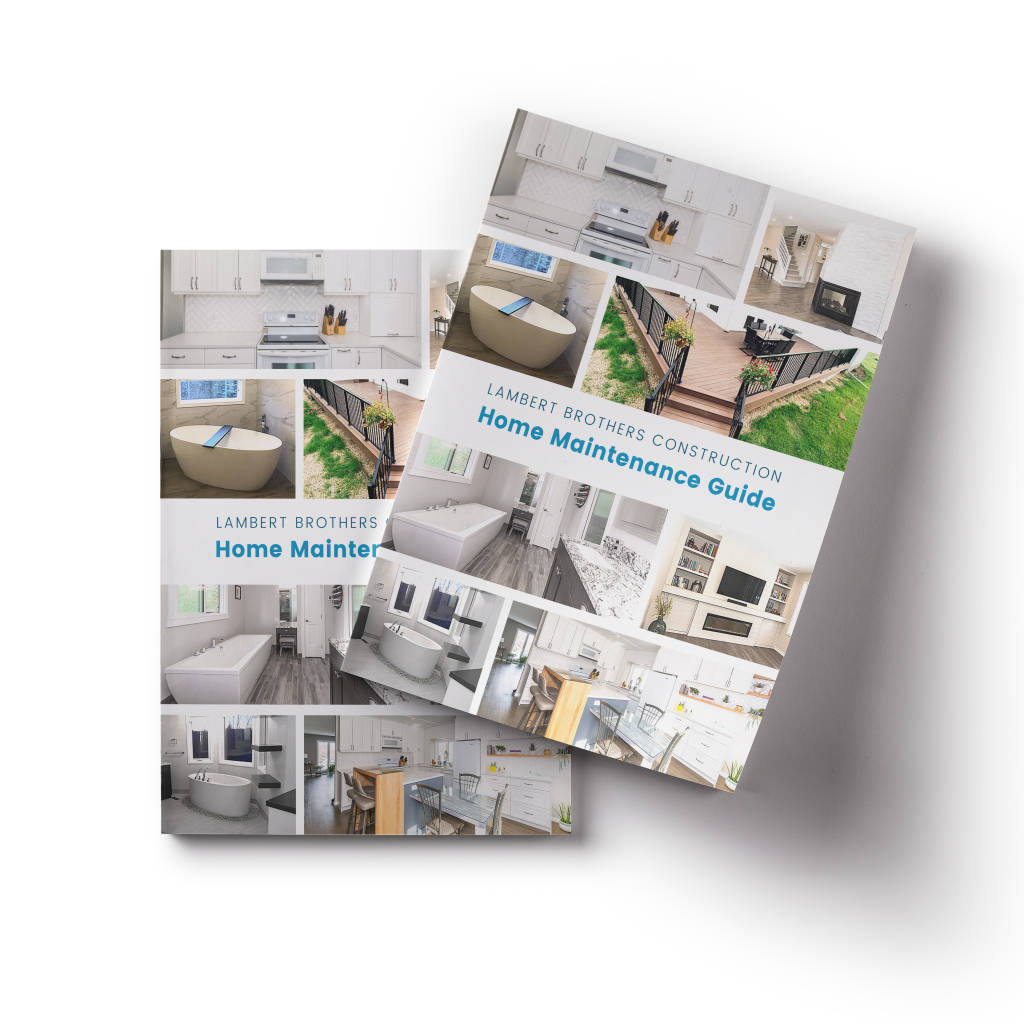Choosing Hard Flooring
When it comes to home renovations, choosing hard flooring can be one of the more difficult decisions to make. Should you opt for tiled flooring? Is it better to go for wood? Or, how about vinyl plank flooring? Which is better? The options are varied, and this can make it difficult to narrow down your search and choose the best flooring for your situation. Don’t worry, though, we’ve got you covered in this article, where we’ll take you through the pros and cons of each option so you can think about which one is going to be right for your home.
Wood
When talking about flooring, there is only one place to begin, and this is with hardwood flooring. Wood flooring is a long-term investment, which can last for 100 years if you maintain it well.
Unlike other types of flooring that need to be replaced every decade or so, you can rest assured knowing this is not something you are going to need to consider for the life of your home.
Aside from that, there is plenty of variation with hardwood. Some of the different types of wood flooring include hickory, Brazilian walnut, teak, Australian cypress, Santos mahogany, and many more. No matter what type of wood you go for, you will get that rustic, warm quality, which has achieved that elusive timeless status.
Other pluses include that you never have to worry about the wood being deemed unfashionable or out of style. Plus, wood instantly adds warmth to the room in which it is placed, ensuring a much more comfy and homey vibe.
However, there are a few drawbacks you need to consider when thinking about wood floors. The higher level of maintenance needed is one of them, and wood flooring can start to make creaking and clicking sounds once a few years have passed.
Plus, we do not recommend wood flooring in your kitchen or bathroom, as large spills, flooding and moisture can damage the wood enough that it needs to be replaced. The same is true for wood that becomes too dry. It will shrink and crack. In the prairies, during the winter season, it is so very important to maintain a minimum of 35% humidity in your home if you have wood floors.
Vinyl Plank
Another flooring type to consider is vinyl plank. There are lots of reasons why people now prefer vinyl plank flooring in their homes. This is a water-resistant solution, which means it is versatile and can be installed in areas of high traffic. Technology also makes it hard to distinguish quality vinyl from real wood!
Aside from this, vinyl plank flooring is scratch, dent, and scuff resistant. It can also mimic the style of other materials, such as stone, as well as being a cost-effective alternative to wood.
On the negative side, vinyl plank flooring can show discoloration and fading with excessive sun exposure. This type of flooring is also not biodegradable and can be punctured with sharp objects. It’s important to note that buying a slightly higher quality product will last much longer than a lesser quality vinyl.
Laminate
In the world of flooring, laminate is considered an old faithful. There are many reasons why this is the case. Installation is a breeze, and you can choose from a whole host of styles and colors. Plus, this type of flooring is very easy to maintain, and you can expect laminate floors to last between 15 and 25 years.
If that was not enough, it’s also suitable for underfloor heating as well, so it is much more flexible than a lot of other solutions out there.
There are a few cons to keep in mind. One is that the surface of laminate can be slippery and cause slips and falls. Be sure your laminate is textured or apply a special non-slip spray to your
flooring. It is also very susceptible to water damage, so laminate is not recommended for entries and spaces that may get wet.
Also, if you experience damage, you won’t be able to get the floor refinished, but the durability of laminate makes that unlikely.

Tile
Last but not least, is a tile floor option. Tile is particularly popular in kitchens and hallways. Tile flooring is championed because it is water-resistant, and it’s easy to maintain. It is also incredibly durable and a lot more cost-efficient than a lot of the other flooring options mentioned in this post.
If installed properly tiles can last a lifetime, we recommend using the best grout money can buy, because if anything fails it’s usually the grout. Helpful hint, the use of harsh chemicals largely reduces the life of the grout itself. Use high-quality grouts and environmentally friendly cleaners.
Of course, the major drawback is the fact that tiles are very cold. Tile will not hold onto or absorb heat effectively, which means it gets quite cold during the Alberta winter months. Your feet will certainly get a shock when stepping onto tiled flooring during winter, so you might want to consider installing heat if you choose this option.
Final words on choosing the right hard flooring for your home
As you can see, there are plenty of different choices for you to consider when choosing hard flooring for your home. There is no right or wrong answer; it is all about thinking about the interior design of your home and what you are looking to achieve, whether it’s flooring that is easy to maintain, durability, creating a cozy haven, or creating a sleek, stylish, and contemporary looking home.
If you need some help deciding what materials to use for your next renovation, reach out to us today for a free consultation.



